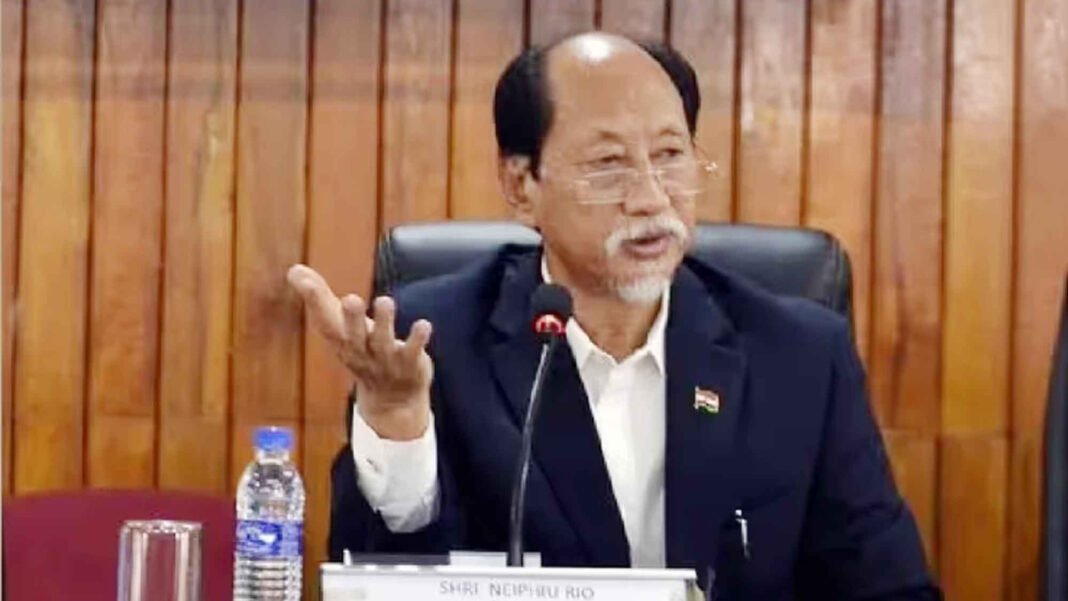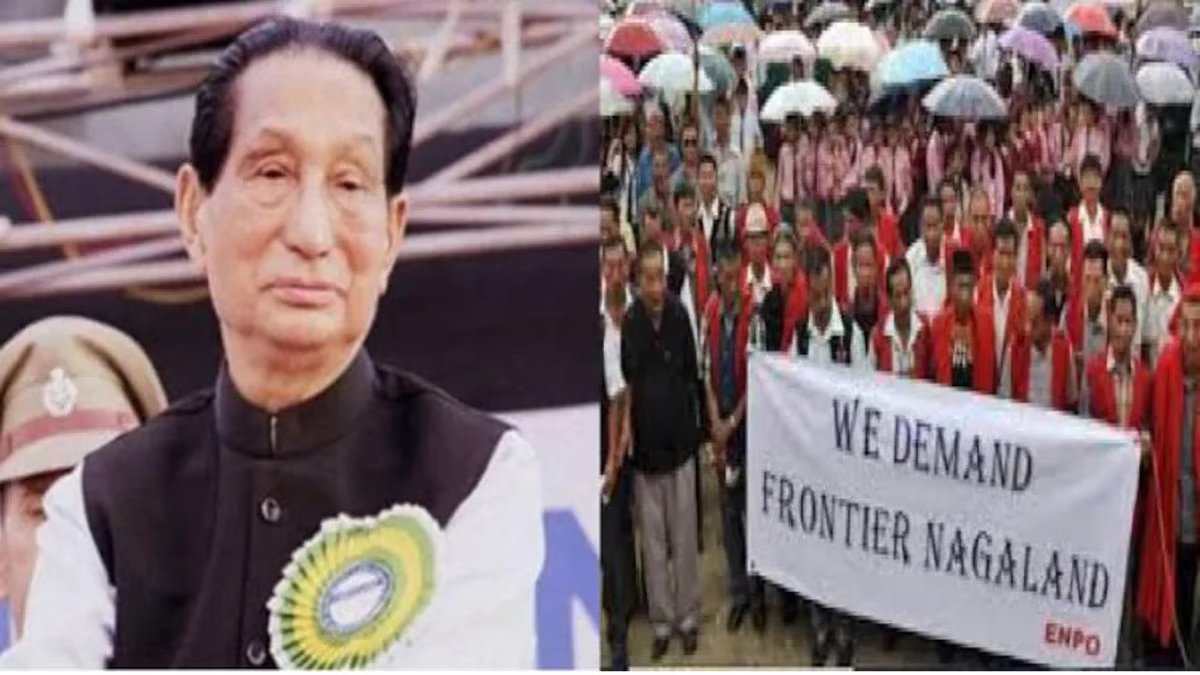HT Correspondent
DIMAPUR, June 23: Lok Sabha MP from Nagaland, S Supongmeren Jamir, has urged Chief Minister Neiphiu Rio to initiate steps for official recognition of the state’s tribal dialects and languages as a ‘third language’.
In a letter addressed to the chief minister on Sunday, Jamir stressed that such recognition would not only uphold the linguistic diversity of the state but also create critical employment opportunities for local youth.
The appeal comes amid rising concerns over the engagement of non-local candidates as Gramin Dak Sevaks (GDS) in post offices across the North Eastern region, including Nagaland.
Drawing the chief minister’s attention to the recruitment process, Jamir highlighted that the current system undermines the linguistic competencies of native candidates, placing them at a disadvantage.
According to the MP, the recruitment for Grade IV GDS posts in the postal department is conducted online and does not include any interviews or written examinations.
Eligibility is based solely on the submission of a Class X pass certificate and marksheet, with candidate shortlisting determined by marks obtained in English and Hindi — the languages currently prescribed as mediums of evaluation in Nagaland under notification No.17-02/2025-GDS (Annexure I) issued by the postal department.
Jamir argued that this language policy effectively disregards the third language or dialect studied by local candidates, many of whom are more fluent in their native tribal tongues than in Hindi or English.
As a result, local aspirants are often outperformed by candidates from other parts of the country, despite having the requisite academic qualifications.
He pointed out that over the past two years alone, there have been three rounds of recruitment for a total of 364 GDS posts in Nagaland, including a special recruitment drive in January 2023 that advertised 143 vacancies.
Jamir noted that the scale of recruitment highlights the urgency of ensuring that the process is inclusive and equitable for the state’s indigenous population.
Jamir informed the chief minister that the Director General of GDS had, in principle, agreed to work with the North East Circle of the postal department to engage the state government in identifying local dialects and languages that could be recognised for recruitment purposes.
This initiative was intended to allow evaluation based on a candidate’s fluency in their native language, thereby promoting fairer competition.
The MP further mentioned that the Director of Postal Services, Nagaland, had already communicated this proposal to the state Home Commissioner on April 16, 2025.
However, he lamented that the state government has yet to take concrete action towards formally recognising the dialects and languages spoken by the recognised tribes of Nagaland for inclusion as a third official language or medium of evaluation.
Jamir added that the state Home Department had subsequently written to the Commissioner of the state government and the Commissioner & Secretary of the Department of Art and Culture, seeking their comments and recommendations on the matter.
He emphasised that timely intervention by the chief minister could ensure a policy framework that reflects the linguistic diversity of Nagaland and secures greater employment avenues for its youth.
The MP’s appeal reinforces the broader call for policy reforms that not only protect the cultural identity of indigenous communities but also empower them through inclusive and representative administrative measures.












